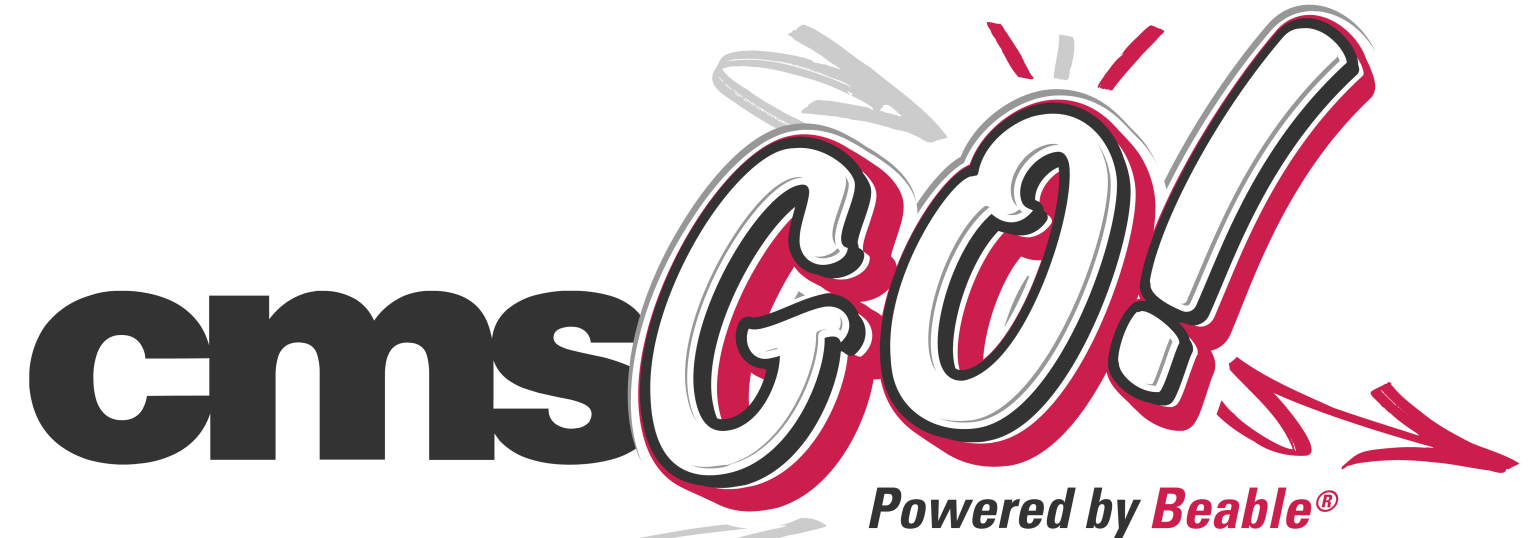1. Please read the article below carefully.
2. Use the questions at the very end of the article to discuss with your child. Click here
Young people have a lot of career options from which to choose.
Do you struggle to formulate a response when asked what you want to be when you grow up?
Some of us are asked this classic question—or ask ourselves this question—many times throughout our lives. People who have a clear match between their own personal work style and the demands of their job will most likely have a successful career.
When it’s not a good match, the forecast isn’t as bright. Often, these people are miserable at work. That’s a real problem if you consider that you are going to spend 80,000 hours in a job. No one wants that misery. So let’s figure out how you can find a career that’s a good fit for you.
How do I get started figuring it out?
To figure out where you want to go, it helps to first reflect on who you are at your core. First, you need to identify your strengths. Everyone has them.
You know…some tasks just come together more effortlessly for you than others do. Next, reflect on your interests. These are important, because when people are interested in what they’re doing, they keep right on going, even when things get tough. And finally, think about the conditions you need to do your best work, or in other words, what you value in a work environment. The three main components of a successful career are the alignment of these three elements—strengths, interests, and work values—so let’s learn more about each one.
How do I identify my strengths?
“So what are you good at?”
You’ve likely been asked this question before. Some people find it easy to answer, while others have a really hard time with it, but either way, knowing your strengths is a starting point for any career planning.
One way to figure out your strengths is to think about when you feel confident. For example, if someone were to ask you to help with a project, what kinds of tasks would you feel good about accomplishing or demonstrating to others?
Perhaps you’re creative and that leads you to write amazing papers and do a great job when you peer-edit another’s assignment, or maybe you are persuasive and that makes you successful when you’re performing in front of a group of people. Perhaps you’re at your best when you’re physically doing something, like building something in tech ed, or showing someone else how to do it. The list is endless, but you get the idea.
What about interests?
This part may sound a bit obvious. We all know what interests us, right?
Well, for some people, interests are not so easy to identify, because they have what’s called a lack of differentiation in terms of what they like and don’t like.
If identifying your interests is hard for you to do, you might want to think about how you spend your free time and take note of any patterns that appear. There may be hobbies, activities, or events that capture your focus to such an extent that you “lose time”—you’re so engaged with the task, you forget how long you’ve been working on it. Perhaps you can lose yourself in an art project, for example, or you can effortlessly spend an entire day biking, given the chance. What you choose to do when given a range of options shows a pattern of interests.
What about values?
The conditions for working successfully are different for different people, and what you value will be just as unique.
Some people like complete silence when they work, for example, while others like a loud environment. Of course, this may vary by task. The same people who value background music when they write, for example, may prefer complete silence when they’re trying to memorize new ideas.
How can you find out what you value in a work environment? One way is to look for pairings like those that follow and see which of the two options you prefer, when given a choice. You can compare morning or night, inside or outside, alone or in groups, loud or quiet, deadlines or no deadlines, and creating a process or following one. In short, pay attention not only to the activities you feel confident doing and the areas that interest you, but also to the settings that allow you to be most successful.
How do I make sense of all of this?
This is a lot to think about, we know, but academic psychologist John Holland put together a framework that can help you.
He identified six themes: Realistic, Investigative, Artistic, Social, Enterprising, and Conventional (RIASEC, for short).
These themes—which we’ll learn about in several other lessons—can help people reflect on their own preferences. These same words can also be used to describe careers, jobs, or even specific projects. By matching your preferences
with the demands of different types of work, this RIASEC framework can help you explore career options and determine which ones might be a good match for you.











